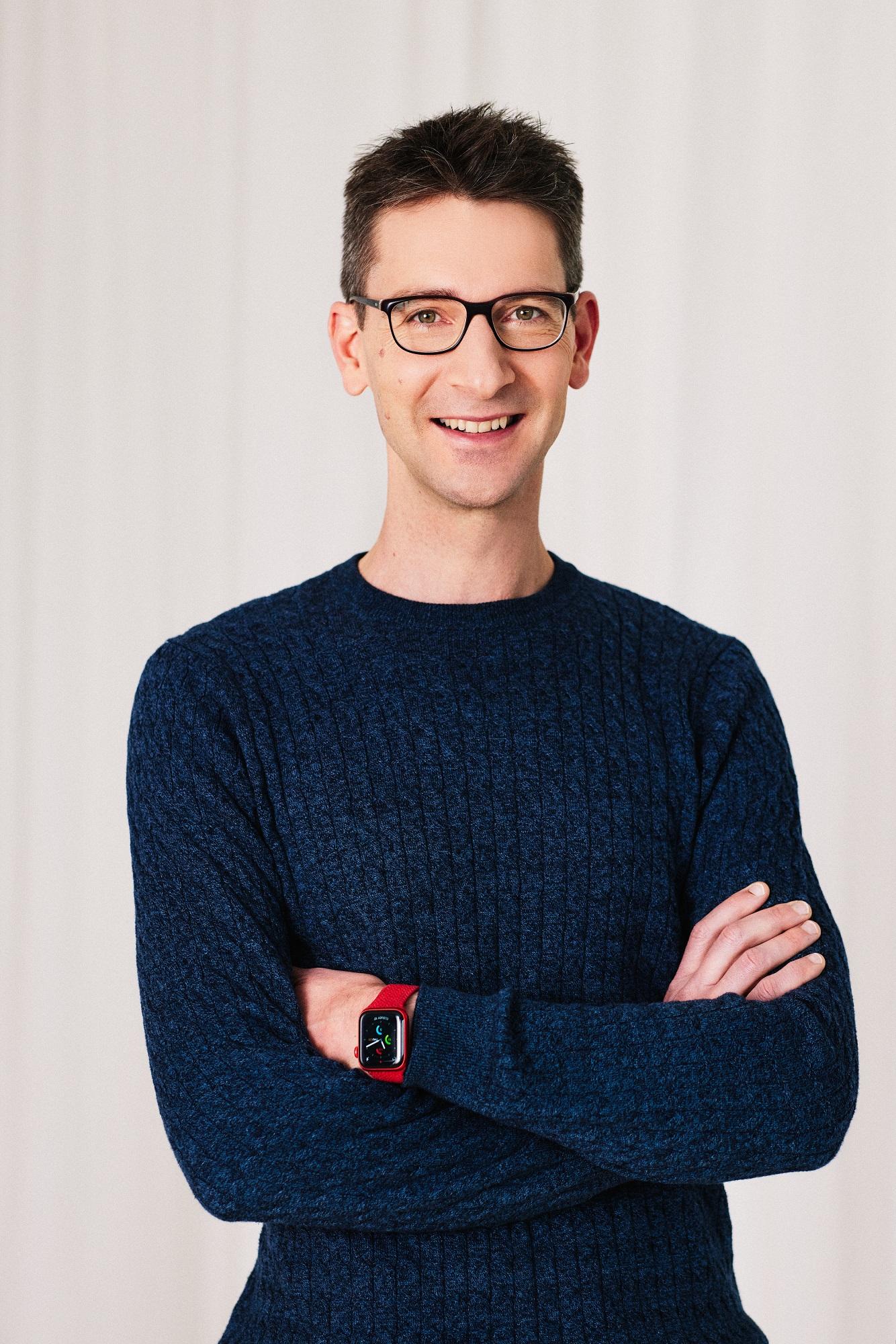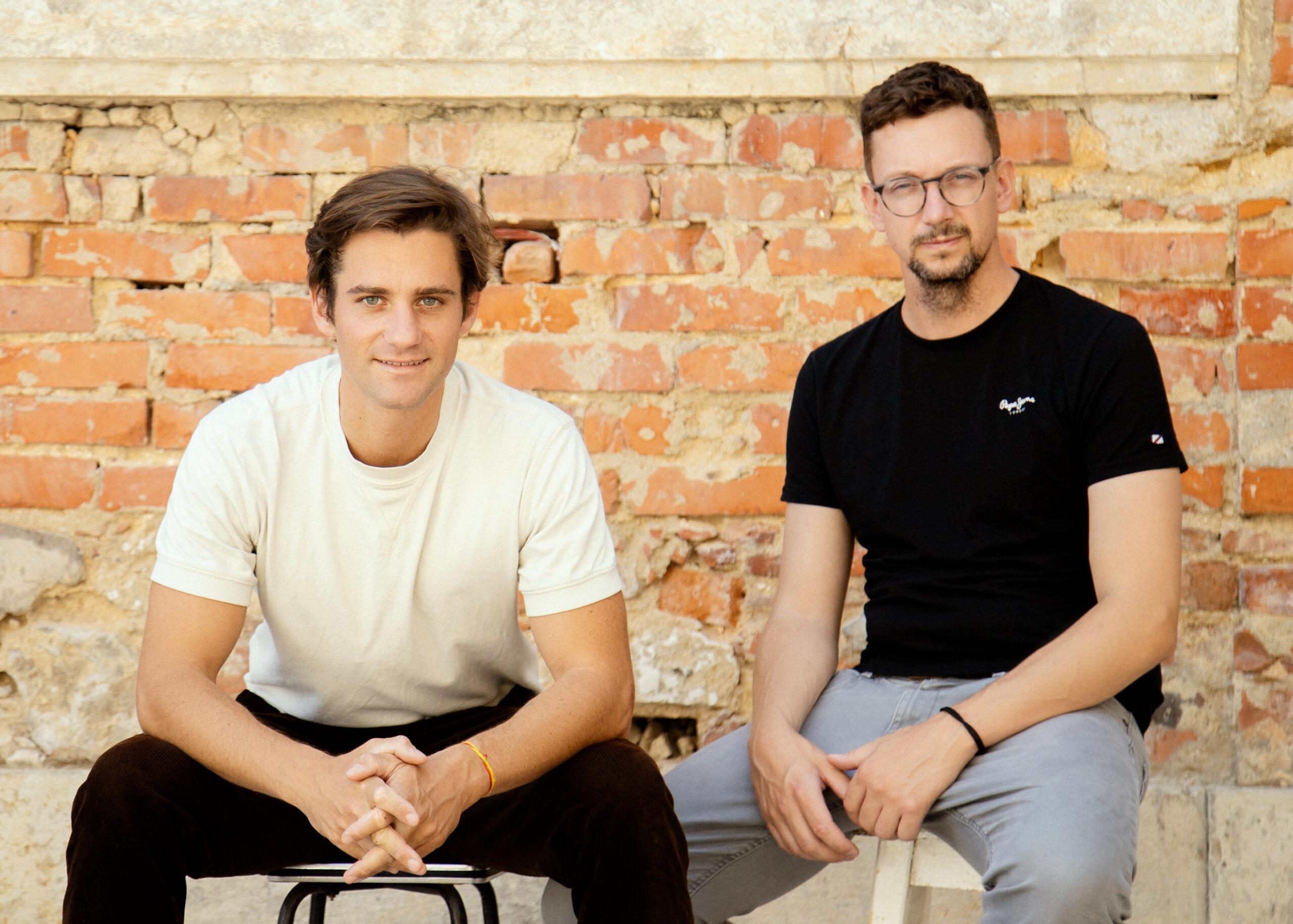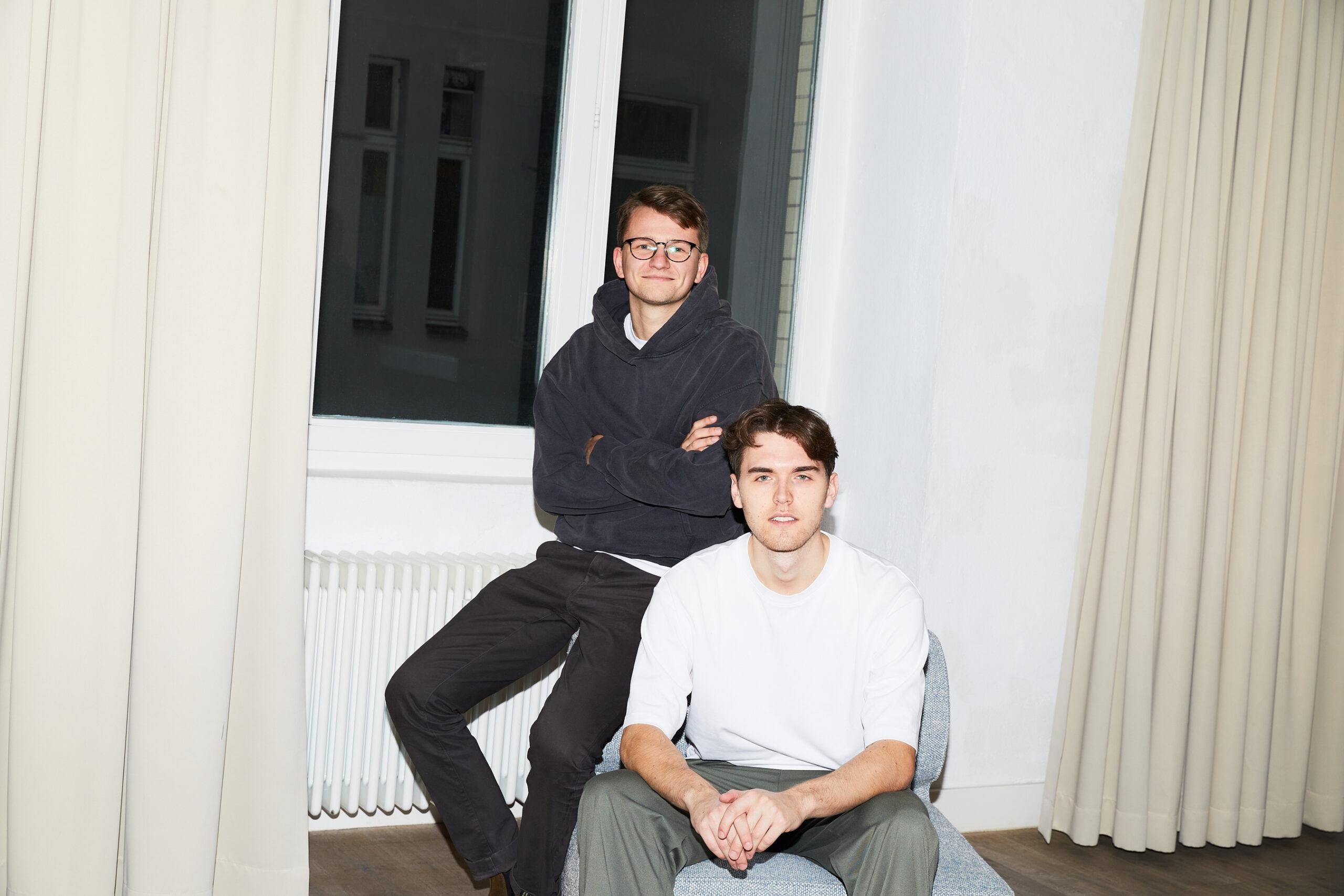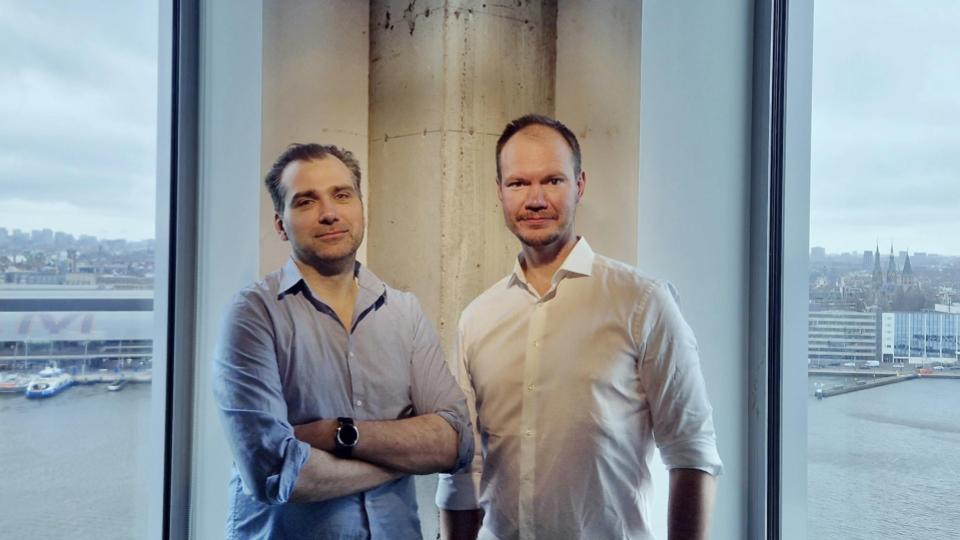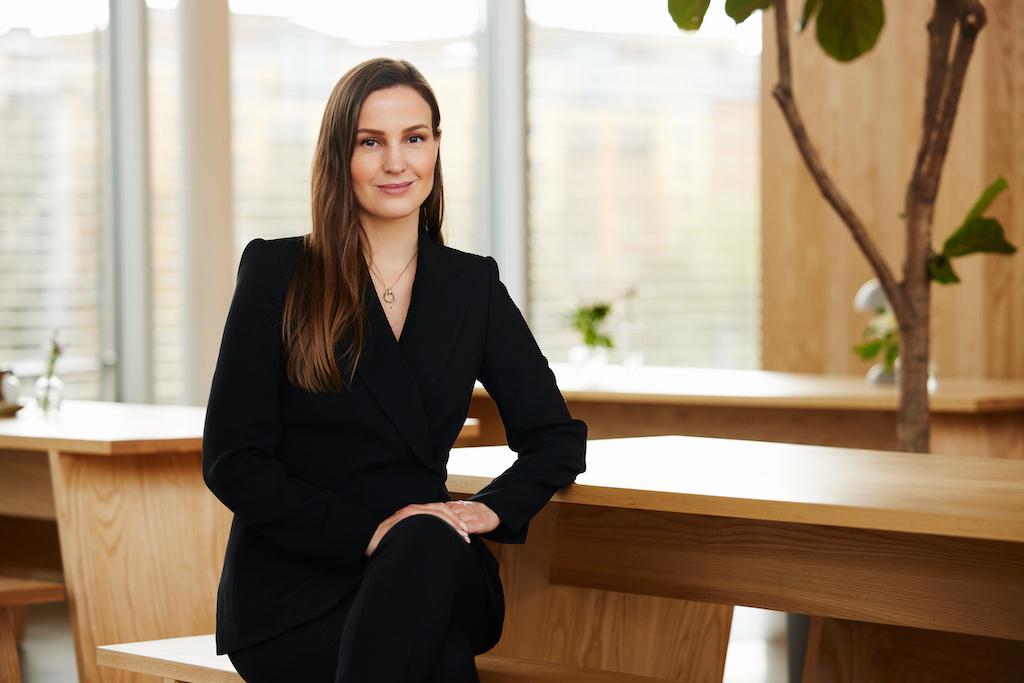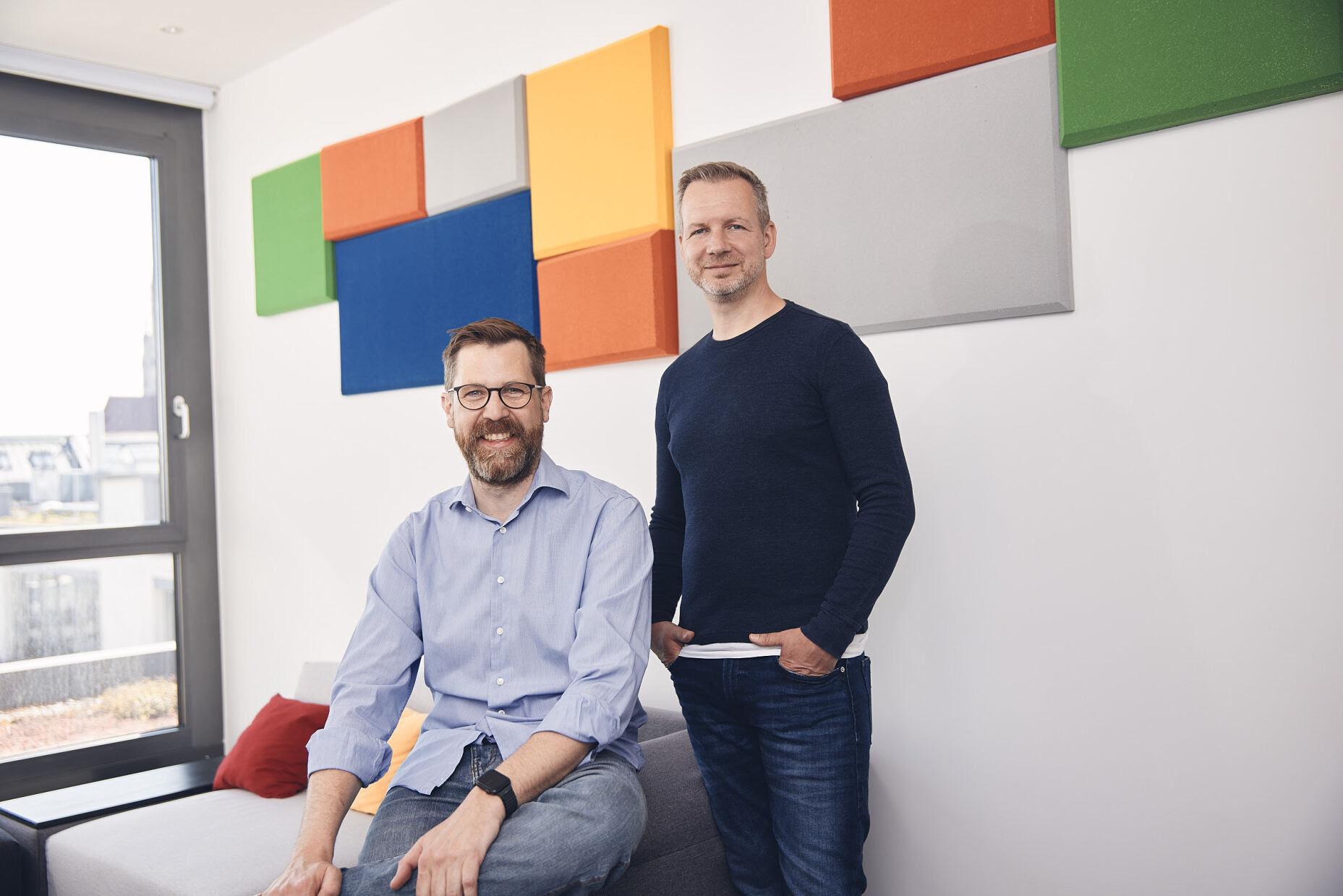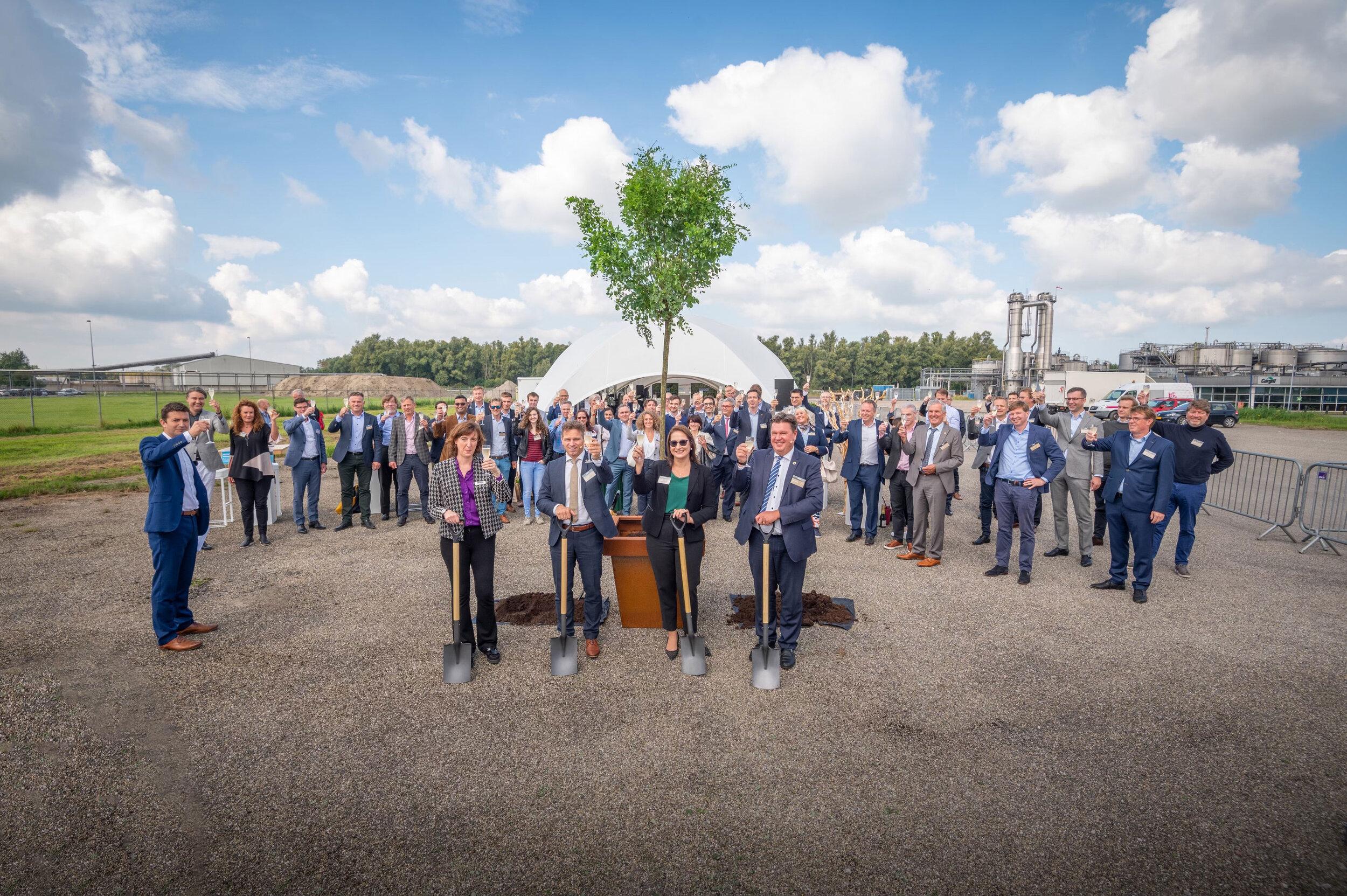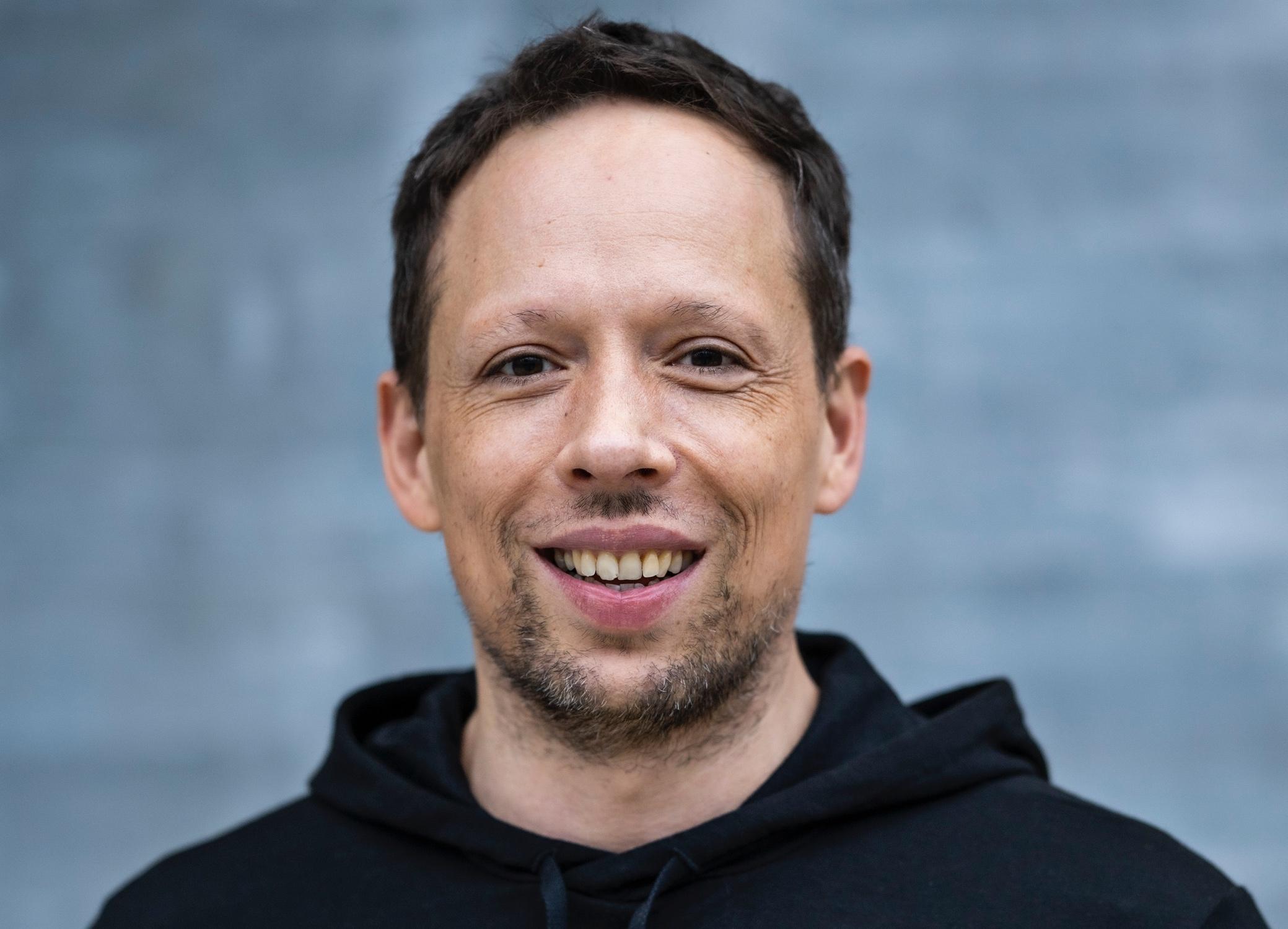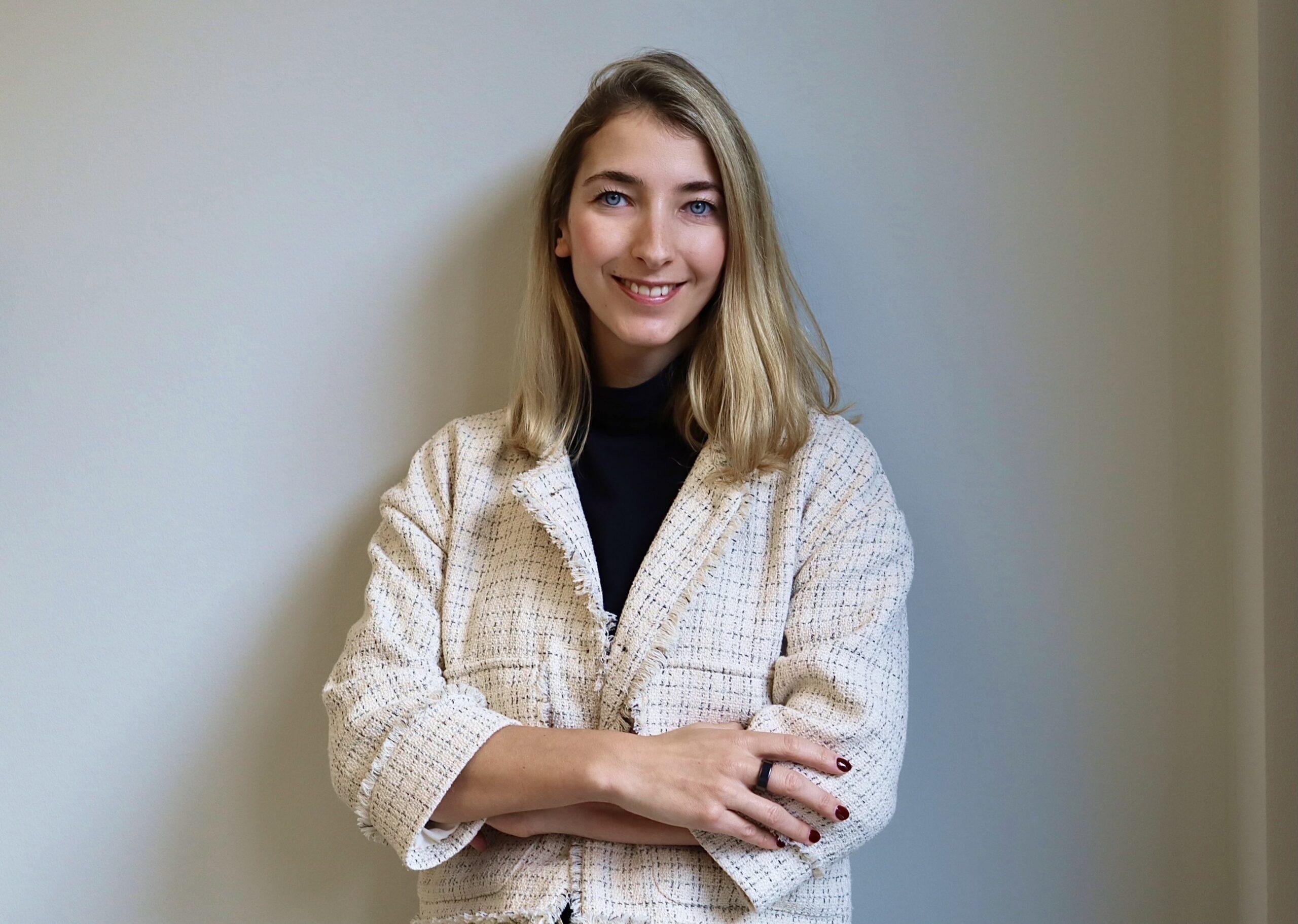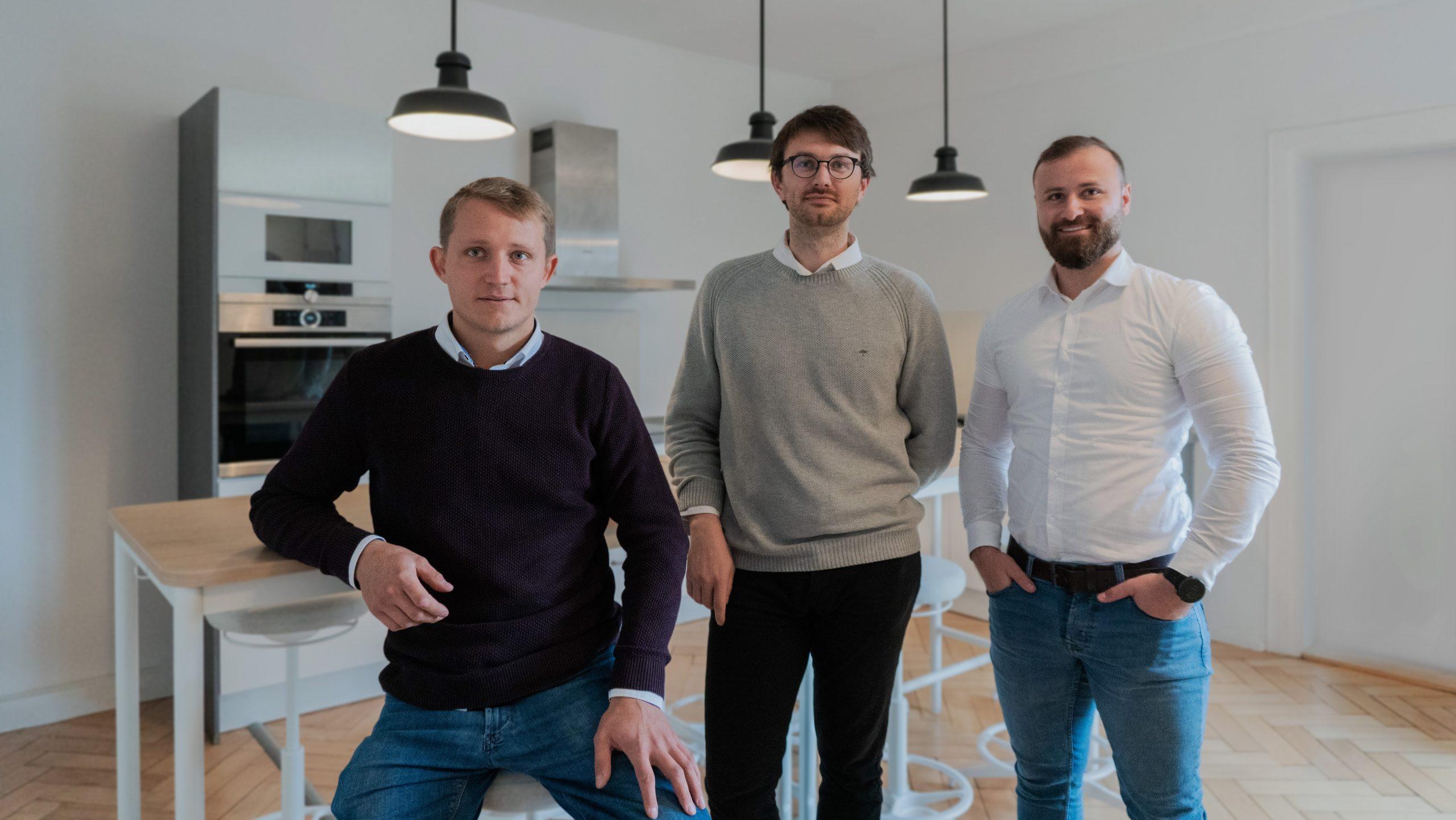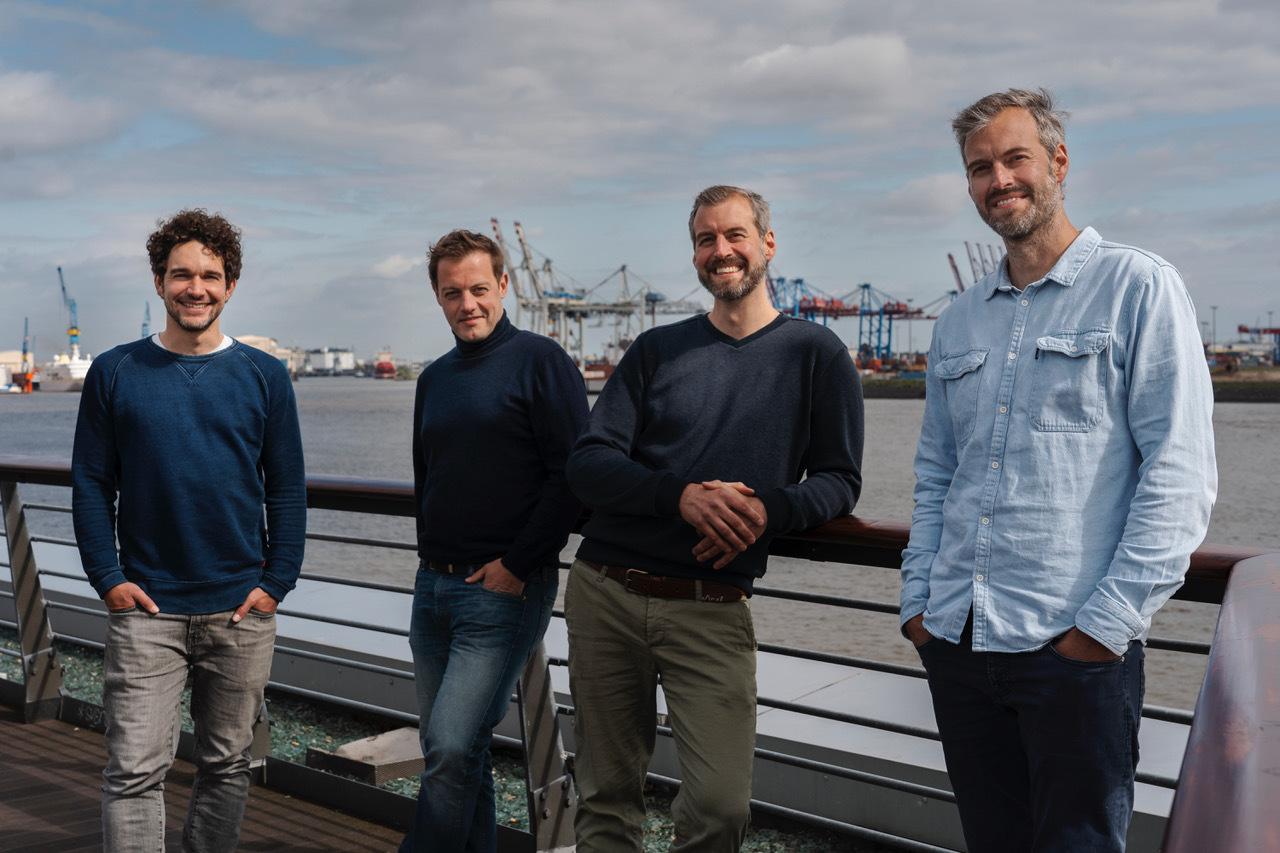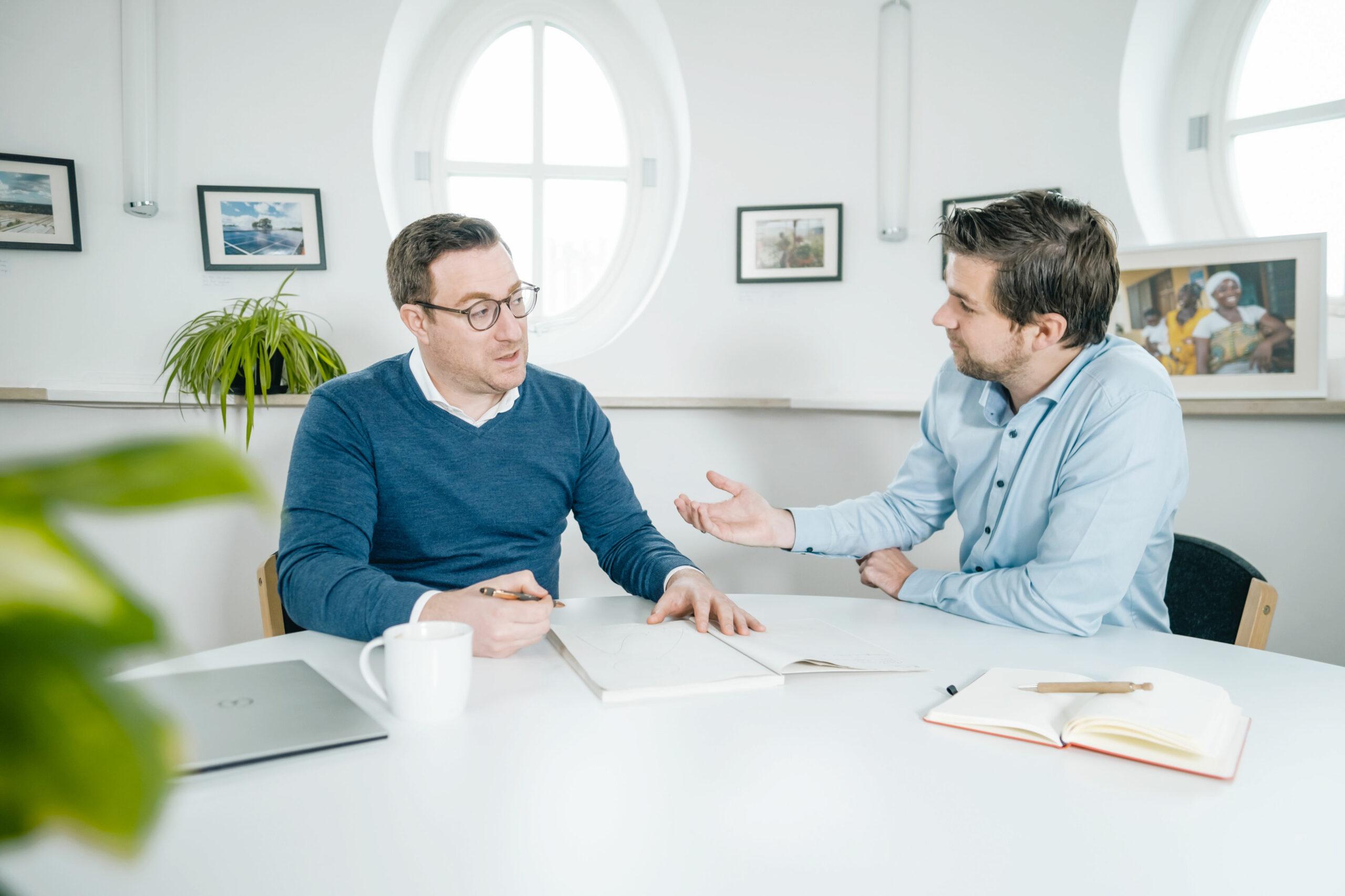This is why Tomorrow is launching a new crowdfunding round
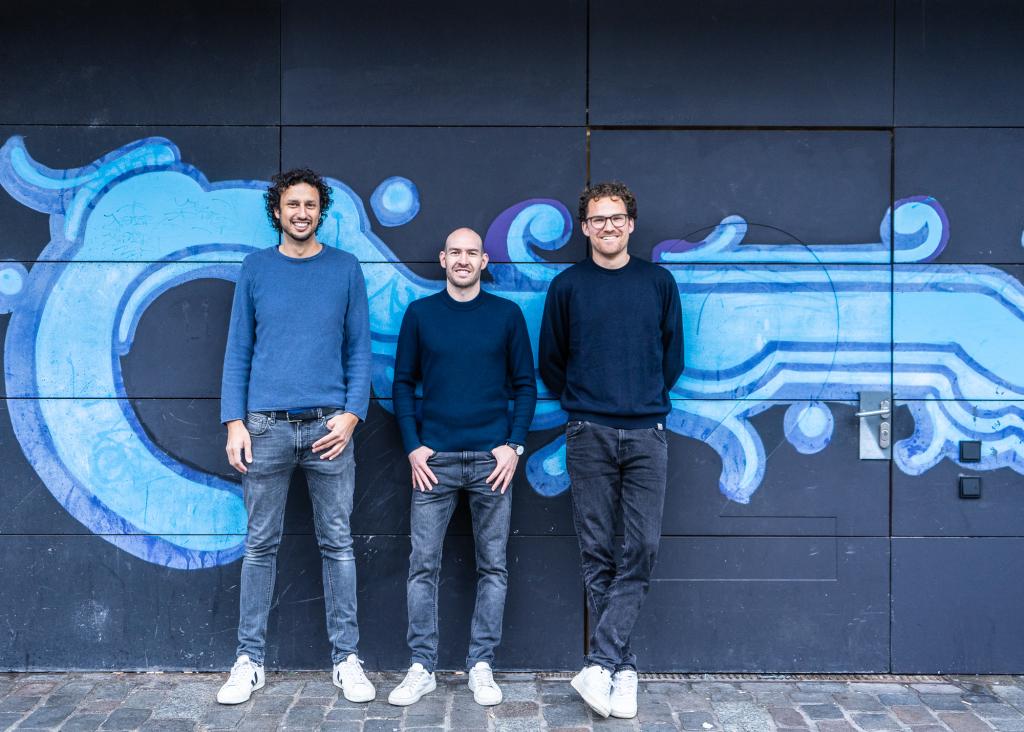
The founders of Neobank explain why they are again relying on crowdfunding instead of exclusively on venture capitalists and why the crowd should also get a seat on the advisory board in the future.
Jakob Berndt and Michael Schweikart, two of the three founders of Neobank Tomorrow, are tapping into their "community," as they call it, for the third time. The entrepreneurs hope to successfully raise capital this way, as they have in the past. But it's not just about money, they say; they also see other benefits to this financing channel. Five questions to the Tomorrow founders about crowdfunding and advisory board structures.
Mr. Berndt, Mr. Schweikart, this is the third time you've relied on crowdfunding to raise money. Don't you have any appetite for normal investors?
Schweikart: That's not the reason. This time, we have again raised money from professional investors in parallel, a total of five million euros. In addition, we are now raising up to eight million euros from crowd investors. But we're committed when it comes to crowdfunding. In this way, we not only want to raise money, but also strengthen the community around Tomorrow.
With this round, the crowd will become the largest shareholder in Tomorrow. What practical consequences does that have?
Schweikart: We want to strengthen the role of the crowd investors once again. That's why we're creating another seat on our advisory board. There will be a representative who will have a say in the future. It has always been our goal to include all relevant stakeholders of our company. That's why there is already a representative from our employees.
What does that look like in practice? It might not be that easy to get the many small investors on the same page.
Berndt: We will support this selection with appropriate tools. In the end, an advisory board member will be appointed from the middle of the community, by vote. Who that is is relatively unimportant to us, we only make a few specifications. But he or she would need a good knowledge of English. And in the end, of course, the rest of the advisory board has to approve the appointment.
Tomorrow is one of the few larger start-ups that regularly relies on crowdfunding. Why isn't anyone else doing this?
Berndt: Many people have asked us in recent years how it works. And we are happy to provide information about it. I'd say that we've made crowdfunding a bit more acceptable again, even for larger brands. But it's a tool that's not suitable for everyone. We first built up the community, and then at some point we added crowdfunding on top of that. Not everyone can or wants to go down this path.
Will Tomorrow continue to rely on this model in the future?
Berndt: As I said before, we're convinced. In that respect, I don't see why we shouldn't. But nothing has been decided yet. We don't do these rounds for their own sake, but depending on our capital requirements. So we'll see what happens in 2023.
FYI: English edition available
Hello my friend, have you been stranded on the German edition of Startbase? At least your browser tells us, that you do not speak German - so maybe you would like to switch to the English edition instead?
FYI: Deutsche Edition verfügbar
Hallo mein Freund, du befindest dich auf der Englischen Edition der Startbase und laut deinem Browser sprichst du eigentlich auch Deutsch. Magst du die Sprache wechseln?


